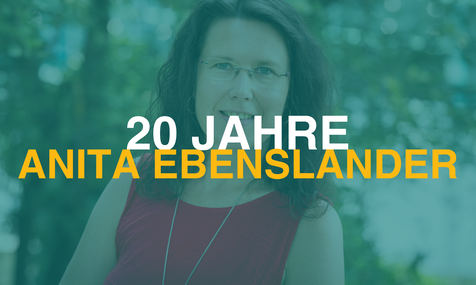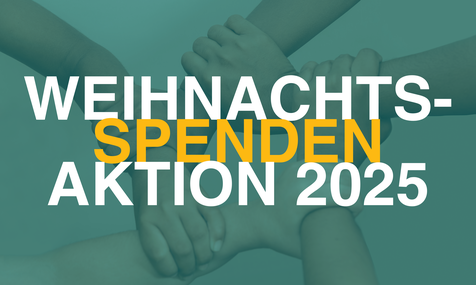Not one step forward, but three steps back: the Energy Collection Act slows down
The Energy Collection Act (ESG) "tramples on the protection of confidence and planning security", complains the German Solar Energy Society (DGS), for example, about the draft legislation from Economics Minister Peter Altmaier. Above all, the DGS is offended by the "sudden planned reduction in remuneration for larger solar power systems by 20 percent as early as January 1, 2019". According to DGS Vice President Jörg Sutter, "this abrupt massive reduction cannot be afforded by the many medium-sized companies in the sector." Above all, the little tenant electricity plant that is just beginning to blossom will be cut off in this way: "The projects cannot be realized in this way," says Sutter.
Criticism from the non-partisan Eurosolar association is along similar lines: "In Sunday speeches, the German government likes to praise the energy transition, but in everyday life it continues to slow down the energy transition with choke caps and "guard rails"," reads their resolution on the ESG. In it, Eurosolar calls for concrete changes to the draft law. Measures should be taken "immediately to flank the phase-out of nuclear and fossil power generation by accelerating the energy transition". In addition to the abolition of the solar cap, Eurosolar mentions, for example, "the opening of tenant electricity for neighbourhood concepts and other renewable energy technologies", "ensuring comprehensive flexibilization of biomass use through effective incentives and measures to upgrade all existing plants for flexible and load-dependent operation" or "the abolition of the planned cap on the expansion of wind, solar and bioenergy".
The combined heat and power industry is particularly concerned about the government's "lurching course" when it comes to the taxation of self-generated electricity. Furthermore, the definition of a "new plant" remains vague even with the new regulation. The government is talking about a "transitional regulation in which the EEG surcharge is to increase less sharply".
The overarching German Renewable Energy Federation (BEE) also focuses its criticism of the ESG on the point of "too little planning certainty": renewable energies in particular need "clarity about the volume framework until 2030" due to the sometimes long planning periods.However, it is not only the renewable energy associations that are angry with the government. Even the German Gas and Water Association DVGW is mildly critical. Chairman of the Board Prof. Gerald Linke: "It is good that the long overdue ESG has finally been put on the parliamentary track. However, the cabinet draft wastes a lot of energy transition potential, especially in the area of combined heat and power generation." Above all, "the planned non-inclusion of the co-combustion of renewable gases in CHP plants in the electricity generated for own use sends out a completely wrong political signal. The co-combustion of renewable gases must not be hindered, but must be explicitly encouraged in order to further defossilize the heating sector."
Even the renowned CHP manufacturer Rolls-Royce Power Systems (RR) has recently been preparing for better combined heat and power (CHP) business in autonomous energy systems. Turbine manufacturer MTU has long been part of RR; now the Group has also bought into Berlin start-up Qinous: They have energy storage and control systems for grids in their program. And with MTU's CHP units, RR can now offer complete microgrids, autonomous power grids. But the ESG is also likely to put a stop to this idea. At least here in Germany.
No wonder that more and more local providers are frustrated and focusing on the global market. Because it seems that German energy technologies are preferred almost everywhere in the world rather than here: instead of really giving renewables and CHP a chance, the German government is acting as the brakeman. This has been the case for a long time, and the Energy Collection Act is further proof of this. Apparently, the GroKo has long forgotten the climate promise it made in Paris.
Author: Future Energy Team Gammel



